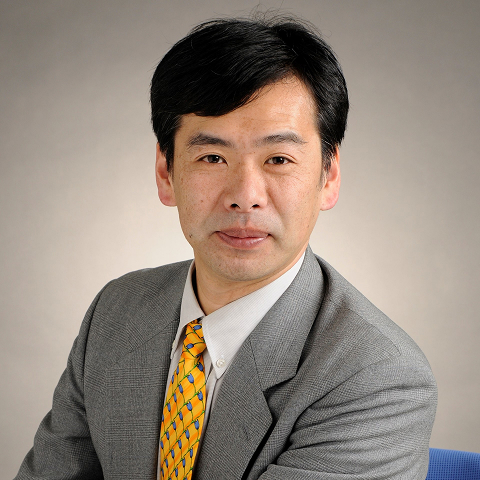
Shinji KURODA
Project Leader and
Dean of the Degree Programs in Pure and Applied Sciences
The University of Tsukuba has launched the “International Cooperative Education Program with EU Universities for Interdisciplinary Fields of Nano-, Quantum-, Information-, and Bio- Technologies (EUXP)”. This program has been selected as part of the Ministry of Education, Culture, Sports, Science, and Technology’s (MEXT) “Inter-University Exchange Project 2024 - International Cooperative Education Program with EU Universities.” Through this program, we will engage in inter-university exchanges with six major universities in Europe: Grenoble Alpes University (France), Ruhr University Bochum (Germany), Bonn University (Germany), KU Leuven (Belgium), Utrecht University (Netherlands), and Bordeaux University (France). These six universities have long been key partner institutions for the University of Tsukuba, with whom we have built a history of exchange, and this new initiative will further promote student exchanges, enhance cooperation in education and research, and strengthen international networks.
The management of this program will be jointly undertaken by the three Degree Programs of the Graduate School of Science and Technology: Pure and Applied Sciences, Systems and Information Engineering, and Life and Earth Sciences. The program will foster exchanges across a broad range of fields within science and technology. Primarily aimed at graduate students in the master’s program, the program offers a variety of exchange opportunities, such as a double degree program, where students will study for one year at the University of Tsukuba and another year at a partner university, receiving degrees from both institutions. Additionally, there will be shorter-term study abroad courses, special lectures by partner university faculty, interdisciplinary seminars where faculty and students from both Tsukuba and partner universities will present and discuss, and more. Through these diverse programs, we aim to encourage more students to engage in international academic experiences and accumulate global experiences.
Reflecting on my personal experience – whether through guiding students or my own studies abroad – I believe that engaging in studies and research in an environment different from Japan is an invaluable experience. It provides an excellent opportunity to interact with different cultures and ways of thinking, enabling one to reflect on oneself and creating a foundation for significant personal growth. Through this program, I hope that more students will have such experiences and grow into individuals who can thrive globally in the future.
Moreover, the program will not only provide exchanges within individual fields, such as material science, information engineering, and life sciences, but also opportunities for interdisciplinary studies in emerging fields, such as material science × life sciences × information science. We aim to nurture individuals who can adapt to and contribute to interdisciplinary areas that transcend conventional boundaries.
Through the implementation of this program, I hope that students will broaden their perspectives, acquire flexible learning skills, and emerge as leaders who can make a significant impact with a global viewpoint, transcending both disciplinary and national boundaries.
Finally, I would like to express my gratitude to everyone who has supported the application and preparation of this program, and I kindly ask for your continued support and cooperation as we move forward with its implementation.

